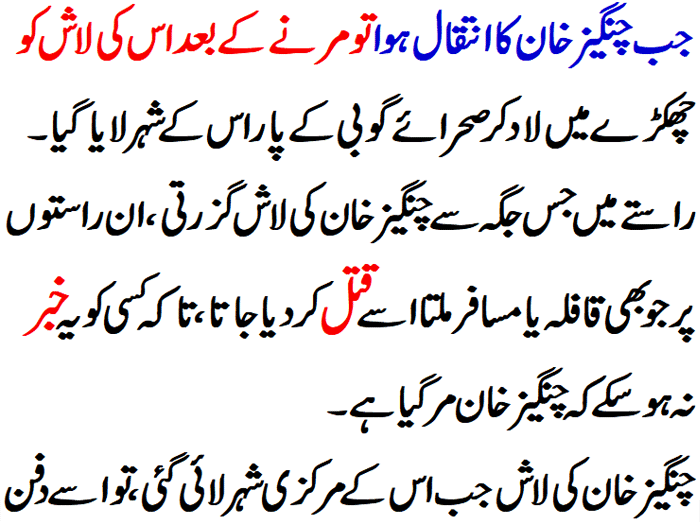Introduction
Marriage is a beautiful journey shared between two people who promise to support, love, and cherish each other. However, maintaining a healthy and successful marriage requires continuous effort and attention. While love might bring you together, it’s the daily habits and behaviors that can either strengthen or weaken your bond. Unfortunately, certain bad habits can creep into a relationship and gradually destroy the harmony you’ve worked hard to build. Let’s delve into these habits and understand how they can affect your marriage.
Understanding Bad Habits in Marriage
Bad habits in a marriage refer to consistent behaviors or patterns that negatively impact your relationship. These habits often develop slowly over time, making them difficult to notice until they have caused significant damage. Recognizing and addressing these habits early can prevent unnecessary pain and conflict.
Communication Breakdown
The Silent Treatment
One of the most detrimental habits in a marriage is the silent treatment. When partners stop talking to each other to punish or control, it creates a toxic environment filled with tension and misunderstanding. This lack of communication can drive a wedge between you, making it difficult to resolve issues.
Yelling and Screaming

On the opposite end of the spectrum is yelling and screaming. Constantly raising your voice during disagreements not only escalates the conflict but also instills fear and resentment. It’s essential to find healthier ways to express your emotions without resorting to shouting matches.
Not Listening Actively
Active listening is crucial in any relationship. When one partner feels unheard, it can lead to frustration and feelings of neglect. Make an effort to truly listen to your spouse, validate their feelings, and respond thoughtfully.
Neglecting Quality Time Together
Spending quality time together is the glue that keeps a marriage strong. Unfortunately, with busy schedules, technology, and other distractions, couples often neglect this vital aspect of their relationship. Regularly dedicating time to connect and enjoy each other’s company can significantly enhance your bond.
Taking Each Other for Granted
Over time, it’s easy to fall into the trap of taking each other for granted. This complacency can erode the foundation of your marriage. Simple acts of appreciation, like saying “thank you” or surprising your partner with a small gesture of love, can make a big difference.
Financial Mismanagement
Disagreements Over Spending and Saving
Money is a common source of conflict in marriages. Disagreements over spending and saving habits can create stress and tension. It’s important to have open and honest conversations about your financial goals and to find a balance that works for both of you.
The Stress of Hidden Debts
Hiding debts or financial problems from your partner can lead to a significant breach of trust. Transparency about your financial situation and working together to manage debts can strengthen your partnership and reduce stress.
Lack of Intimacy
Physical Intimacy
Physical intimacy is a vital part of a healthy marriage. A lack of sexual connection can lead to feelings of rejection and loneliness. It’s important to prioritize intimacy and communicate openly about your needs and desires.
Emotional Intimacy
Emotional intimacy is just as important as physical intimacy. Sharing your thoughts, fears, and dreams with your partner creates a deep bond that enhances your relationship. Make time for meaningful conversations and emotional connection.
Unresolved Conflicts
The Danger of Holding Grudges
Holding onto grudges and unresolved conflicts can poison your marriage. It’s essential to address issues as they arise and work towards forgiveness. Holding onto resentment only creates a barrier between you and your partner.
Constructive Ways to Address Conflicts
Learning how to address conflicts constructively is crucial. This involves staying calm, listening to each other’s perspectives, and finding a compromise. It’s also helpful to establish ground rules for arguments, such as avoiding name-calling or bringing up past mistakes.
Inflexibility and Stubbornness
Importance of Compromise
In any marriage, compromise is key. Being inflexible and stubborn can prevent you from finding mutually satisfying solutions to problems. Practice empathy and try to see things from your partner’s perspective.
How to Be More Adaptable
Being adaptable means being willing to change and grow with your partner. Embrace new experiences and be open to adjusting your habits and routines to better support your relationship.
Jealousy and Insecurity
How Jealousy Can Erode Trust
Jealousy can be toxic in a marriage, leading to mistrust and constant arguments. It’s important to address the root causes of jealousy and work on building trust and security in your relationship.
Building Confidence in the Relationship
Building confidence in your relationship involves being honest, dependable, and supportive. Reassure your partner of your love and commitment, and work together to overcome insecurities.
Dishonesty and Lack of Transparency
The Impact of Lies, Big and Small
Dishonesty, whether it’s about small things or big issues, can severely damage trust in a marriage. Make it a priority to be honest and transparent with your partner, even when it’s difficult.
Encouraging Open Communication
Encouraging open communication means creating a safe space where both partners feel comfortable sharing their thoughts and feelings. This can help prevent misunderstandings and build a stronger, more trusting relationship.
Poor Division of Household Responsibilities
The Stress of Unequal Workloads
An unequal division of household responsibilities can create resentment and stress. It’s important to share the workload fairly and to appreciate each other’s contributions.
Strategies for Fair Division of Tasks
To ensure a fair division of tasks, sit down together and discuss each person’s strengths and preferences. Create a chore schedule that balances responsibilities and revisit it regularly to make adjustments as needed.
Negative Influences from Friends and Family
Recognizing Toxic Influences
Sometimes, friends or family members can have a negative impact on your marriage. It’s important to recognize these toxic influences and to set boundaries to protect your relationship.
Setting Boundaries
Setting boundaries involves being clear about what is and isn’t acceptable in your interactions with friends and family. This might mean limiting contact with certain individuals or having honest conversations about their impact on your marriage.
Substance Abuse
How Addiction Affects Marriage
Substance abuse can have devastating effects on a marriage, leading to broken trust, financial problems, and emotional pain. It’s crucial to address addiction issues and seek help.
Seeking Help and Support
If substance abuse is affecting your marriage, seek help together. This might involve therapy, support groups, or treatment programs. Supporting each other through this difficult time can strengthen your bond.
Conclusion
Marriage is a partnership that requires ongoing effort and attention. By recognizing and addressing bad habits, you can prevent them from destroying your relationship. Open communication, mutual respect, and a willingness to grow together are key to maintaining a healthy and successful marriage. Remember, it’s the small, everyday actions that often make the biggest difference.






